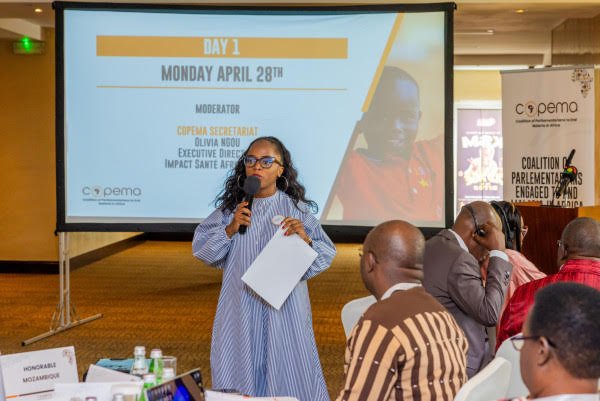Korede Abdullah in Lagos
In a significant stride toward eradicating malaria, parliamentarians from 16 African nations convened in Accra, Ghana, in April to officially launch the Coalition of Parliamentarians to End Malaria in Africa (COPEMA).
The initiative comes a year after the Yaoundé Declaration and amid rising concerns over declining global aid, drug resistance, and persistent funding gaps.
Representatives from key health institutions, including the WHO, Africa CDC, and the RBM Partnership to End Malaria, joined the high-level forum alongside civil society organizations to stress the urgent need for political action and sustained national commitment.
The two-day event highlighted a unified call for countries to take ownership of malaria control through increased domestic funding, context-specific interventions, and evidence-based policymaking.
In the coming weeks, country chapters will be formalized, and a follow-up summit is scheduled for June 2025 to assess progress and foster cross-border coordination.
As global health leaders prepare to gather in Geneva for the 78th World Health Assembly, the COPEMA launch signals a renewed political will across Africa.
With over 600,000 malaria-related deaths annually—95% of which occur in Africa—the Declaration calls for urgent, localized strategies to protect the most vulnerable.
The forum concluded with the adoption of the Accra Parliamentarian Declaration, which urges African governments to integrate malaria funding into national budgets and strengthen accountability systems.



